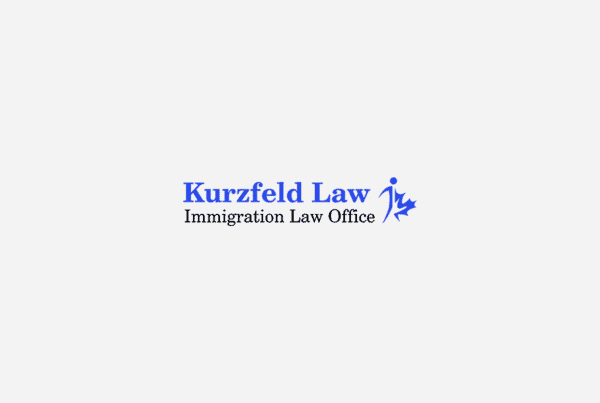Once you’ve moved to Canada and achieved your permanent resident card, it’s vitally important that you maintain your permanent resident status. However, the Canadian government knows you will continue to live your life. You may marry and have children, and will still maintain ties to friends and family who live in a foreign country. This often means traveling outside Canada for work or pleasure, or even relocating overseas for a time. This article will explain how to maintain permanent residence status in Canada.
Rights and Responsibilities of Permanent Residents
Permanent residents have most of the benefits as Canadian citizens. This means as a permanent resident, you can receive health care, study anywhere in Canada, and live and work where you please. You also receive protections under the Canadian Charter of Rights and Freedoms. You must pay taxes and obey all Canadian laws. The only rights you do not have as a permanent resident are the right to vote, right to run for office, and the right to hold some national security jobs.
Your PR Card
A PR card is proof you have permanent residence status in Canada. When you leave the country for any reason, you will need it to return. People who are permanent residents who travel outside the country without their PR card, or who lose the card, must apply for a PRTD prior to returning to Canada by commercial vehicle.
Travel
Permanent residents are required to carry their permanent resident (PR) card or permanent resident travel document (PRTD) when traveling on flights, buss, trains, or boats. If you do not have your PR documents, you will not be able to board your transportation back to Canada.
When traveling outside the country, keep your PR card close at all times. When you return from travelling outside the country, you should check to make sure the PR card is still valid and hasn’t expired. If the card has expired, you can apply for a new one. This does not mean that your permanent residency itself has expired, or that you will be required to leave the country.
Living Outside of Canada
Permanent residents can live outside of Canada without losing their permanent resident status. Generally, to maintain status as a permanent resident, you need to live in Canada for at least wo years out of a five-year period. This means being physically present in Canada. If you remain outside of Canadian territory for more than two years, you risk having your permanent resident status invalidated.
However, there are some exceptions to this rule. If you have a job abroad and are employed full-time by a Canadian business, and you were assigned to the post from the head office in Canada, days spent abroad are counted as days spent in Canada. This exception also applies to people who are contractors of a Canadian business.
Losing Permanent Resident Status
For you to lose your PR status, you will have to go through a legal process. When can you lose your status?
- If an official inquiry determines you are no longer a permanent resident;
- If you voluntarily give up your status;
- If there is a removal order against you which is enforced;
- If you become a citizen of Canada.
Some people elect to renounce their PR status. This happens when a person knows they no longer meet the residence status because they have been living outside of the country. In such cases, a person can formally give up their PR status. This is necessary if the person is living outside of the country and would like to make a visit to Canada, but would rather no wait for a formal assessment of status. In this circumstance, renouncing PR status would make it easier for a person to arrive in Canada for a temporary visit.
If you have any questions about maintaining Canadian permanent residency, reach out to your local CIC or a competent attorney.




